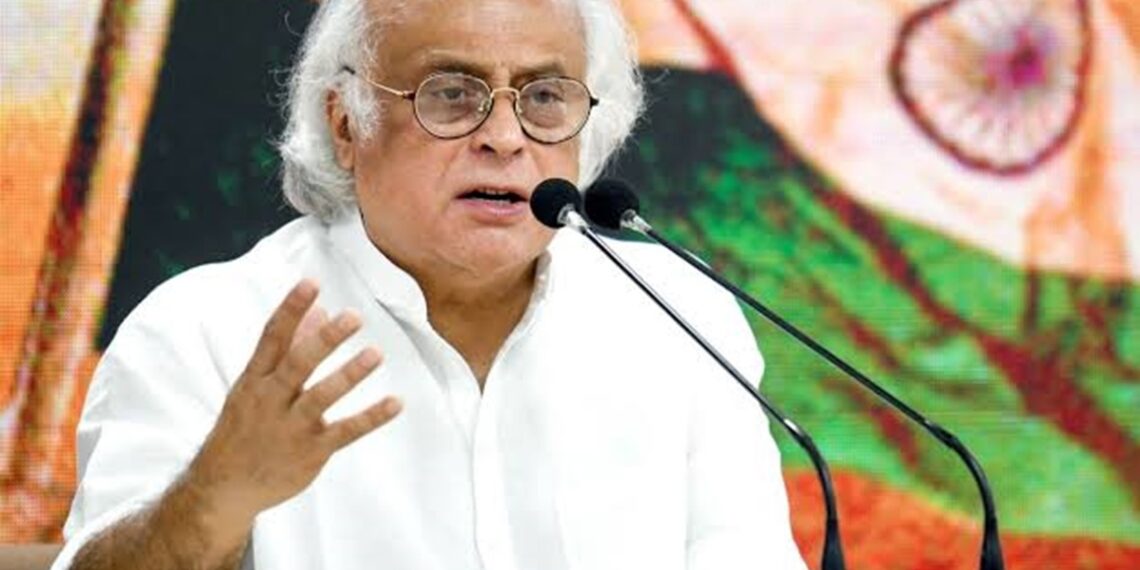DIMAPUR: The Congress has warned the people of Nagaland that what is happening in Manipur is “just the trailer” of things to come if the Bharatiya Janata Party (BJP) is voted to power in the state.
During a press meet in Dimapur on Tuesday, Congress’ general secretary of communications, Jairam Ramesh, said that like in Manipur, the BJP will divide the Northeast in terms of religion, caste, language and also eating habits.
“The Congress wants to strengthen unity by celebrating the country’s diversity, while the BJP and its allies want to impose artificial uniformity,” he was quoted as saying by a national news agency.
Delving further into the ongoing unrest in Manipur, Ramesh said that the abolition of Free Movement Regime (FMR) and fencing of the India-Myanmar border are fallouts of the crisis in Manipur.
“Nagaland Chief Minister Neiphiu Rio must answer why he couldn’t convince the Centre since they are allies in the National Democratic Alliance (NDA), to not impose an abolition of FMR,” he said.
Further taking potshots at NDA allies in the Northeast, namely, Nagaland’s ruling Nationalist Democratic Progressive Party (NDPP), Meghalaya Democratic Alliance (MDA) and Arunachal Pradesh Chief Minister Pema Khandu, the senior Congress leader said that these leaders are siding with the BJP because they need the party’s “washing machine” to keep them away from jail.
Putting forward his opinion on the years-long stalemate over the Framework Agreement between the National Socialist Council of Nagalim – Isaac Muivah (NSCN-IM) and the Government of India, Ramesh questioned the transparency of the document, saying that the Congress has been demanding the Centre to divulge its details for the last nine years, but in vain.
“It’s been nine years since the agreement was signed (2015), but still we don’t know the details,” he told the press.
Replying to questions on INDIA Bloc’s Prime Ministerial candidate, Ramesh said that since polls in Indian democracy are not “individual centric”, the Bloc will deliberate on its Prime Ministerial candidate after getting a mandate.
“Elections in India are fought between political ideologies, manifestos, symbols and programmes, not on between individuals. Ours is a party-centric democracy,” he said.















